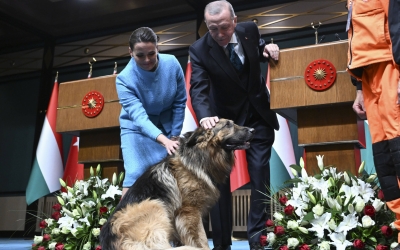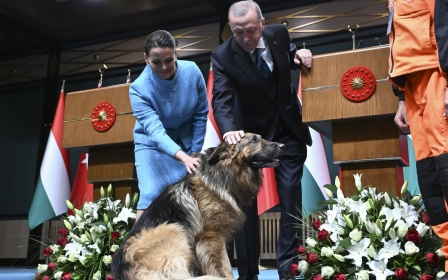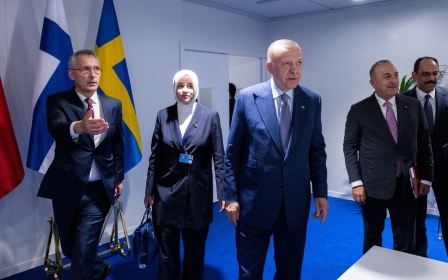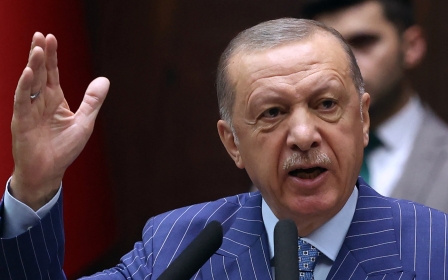Sweden approves extradition to Turkey of PKK supporter for drug offences
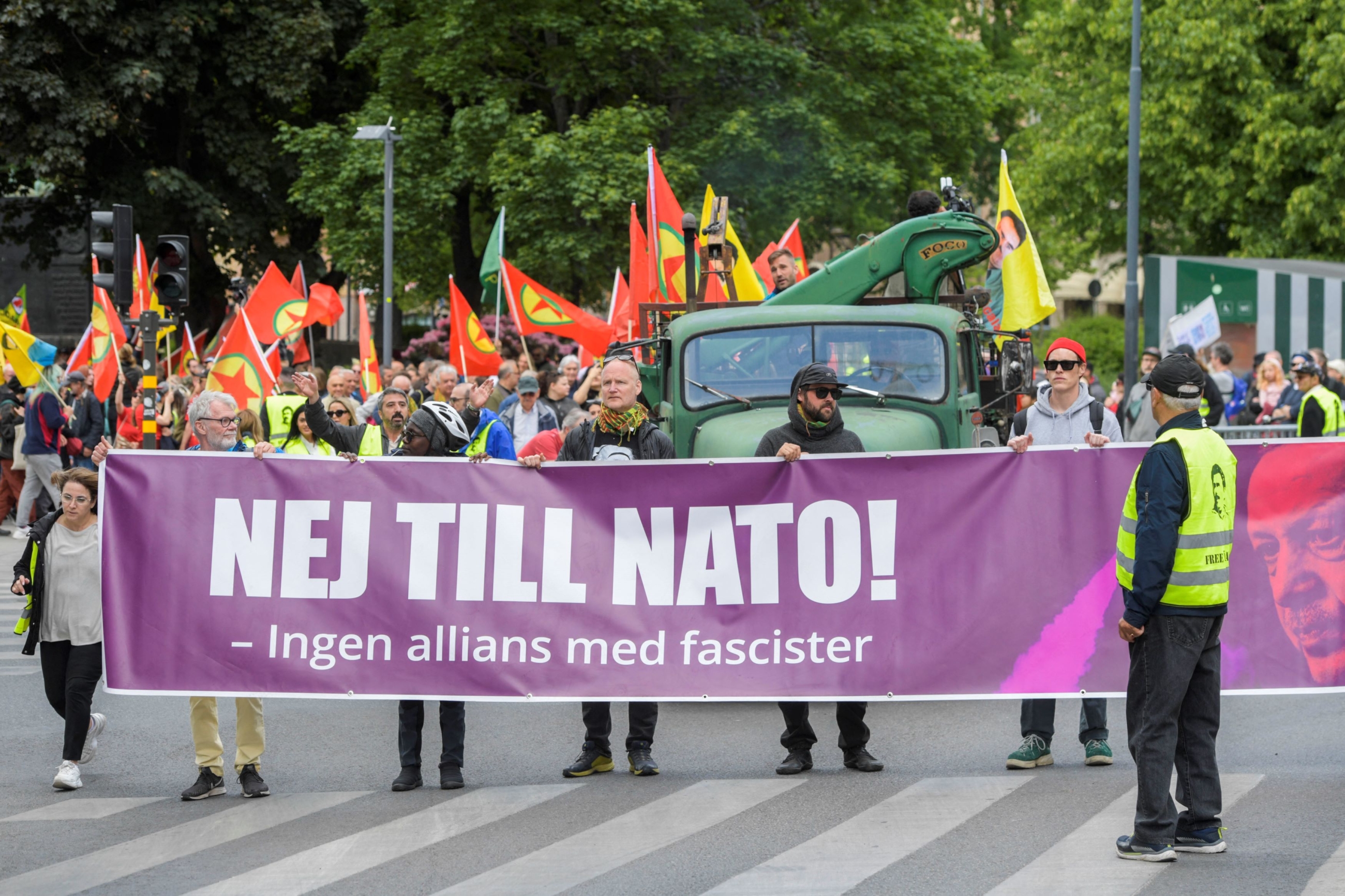
Sweden's top court has approved the extradition of a self-declared supporter of the Kurdistan Workers' Party (PKK) to Turkey over drug offences.
Mehmet Kokulu was convicted in 2014 in Adana, Turkey, over possession of 1.8kg of cannabis and was sentenced to four years and seven months in prison, as well as a fine.
He said he was released from prison on parole in Turkey and, because he committed no crimes in the subsequent years, he legally travelled to Sweden in 2018.
However, according to a Swedish Supreme Court decision published on 30 May, the extradition is to permit him to serve the remainder of his sentence, which Turkey says consists of two years and seven months.
Kokulu said in court that his extradition was being requested due to his pro-Kurdish activities and support for the PKK, as well as the People's Protection Units (YPG) militia in Syria and the pro-Kurdish Peoples' Democracy Party (HDP) in Turkey.
New MEE newsletter: Jerusalem Dispatch
Sign up to get the latest insights and analysis on Israel-Palestine, alongside Turkey Unpacked and other MEE newsletters
He said that between 2009 and 2012 he was active as a vice-chairman of an HDP youth section and participated in several demonstrations organised by the party. He added that he had been shot in the arm during the 2013 Gezi Park demonstrations in Turkey and had suffered abuse at the hands of police.
Extradition push
Kokulu said he was under investigation for "propagandising for a terrorist organisation" and "insulting the Turkish president" over posts made on social media between 2019 and 2020 that were critical of Turkish President Recep Tayyip Erdogan.
His Turkish lawyer Abdurrahman Karabulut also told the court that he had received information from a prosecutor's office in Konya that Kokulu was being investigated for these crimes.
However, the court said evidence of his political activities was "poor in detail" and the investigation "does not provide sufficient support to assume that Mehmet Kokulu, if extradited, will face persecution" on the basis of his "lineage or due to his stated political activity".
Turkey has refused to ratify Sweden's accession to Nato, citing the presence there of people accused of links to the PKK, an armed group that has waged a decades-long conflict against the Turkish state.
Ankara told the Swedish government it will veto Stockholm's membership unless it agrees to extradite alleged PKK supporters and other political dissidents.
Fulfilling a key demand from Ankara, Sweden's parliament passed a new law that came into effect earlier this month, which bans activities linked to outlawed groups.
According to the Supreme Court decision, Turkey had said there were no plans to charge Kokulu with any terror-related crimes and had merely requested that he return to serve the remainder of his sentence.
In December, Sweden extradited Mahmut Tat, who was convicted as a member of the PKK by a Turkish court, to Turkey.
However, Tat's family denied he was a supporter of the group and said his family had in fact been targeted by the PKK in the past.
'They want to make Nato weaker'
On Sunday, opponents of the new legislation and Sweden's Nato membership demonstrated in Stockholm.
The protests, which included PKK flags and emblems bearing the image of the group's founder Abdullah Ocalan, provoked anger from Turkish politicians and Nato.
"The organisers want to stop Sweden from joining Nato," said the alliance's chief Jens Stoltenberg on Sunday.
"They want to stop Sweden counterrorism cooperation with Turkey. And they want to make Nato weaker."
Sweden's traditional stance of neutrality saw it become a hub for political dissidents from a range of countries during the 20th century.
However, Russia's invasion of Ukraine last year raised fears in Stockholm about the country's security and led to the government applying for Nato membership.
Ragip Zarakolu, a writer and Nobel Peace Prize nominee who was among those Turkey requested for extradition, told Middle East Eye last year that he was being targeted for "purely ideological" reasons.
"I am a journalist who has completed 50 years in the profession, based on human rights and minority rights. I am a journalist who was the first to discuss the Kurdish question, the Armenian genocide, and was prosecuted for this," he said.
"The National Security Council in Turkey perceives the theme of genocide and minority rights as a threat. By [referring to] these, it is thought that I threaten the national security of Turkey."
Middle East Eye delivers independent and unrivalled coverage and analysis of the Middle East, North Africa and beyond. To learn more about republishing this content and the associated fees, please fill out this form. More about MEE can be found here.


